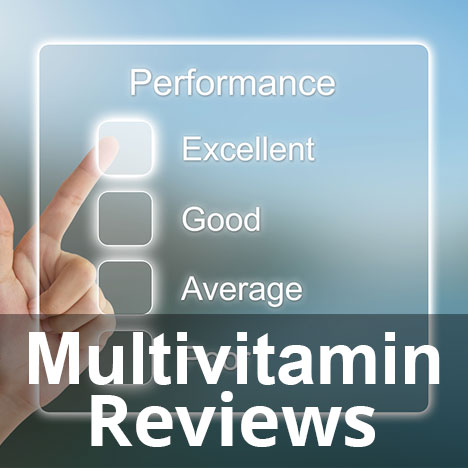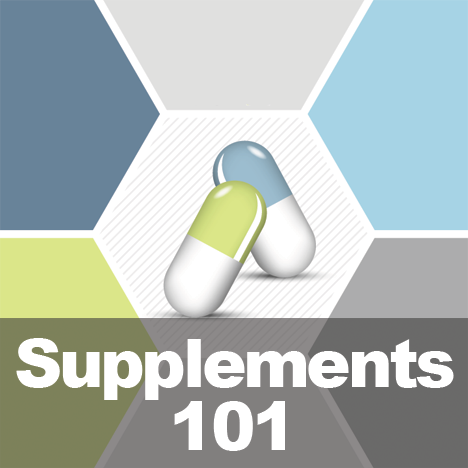 One day it seems that multivitamins are good for you, the other day it’s being reported that supplements could be harmful to your health. So what gives?
One day it seems that multivitamins are good for you, the other day it’s being reported that supplements could be harmful to your health. So what gives?
While no medical institution is infallible by any means, not many people are going to argue with Harvard. But unfortunately, in the case of supplementing, Harvard has been giving mixed signals.
A recent post on Harvard’s online blog, HealthBeat, purports that certain supplements do not help in preventing heart disease, and that some may actually raise the risk of heart failure. While no studies were cited in this post, a reference to American Heart Association guidelines were given.
Indeed, there is verbiage that advises to abstain from taking Vitamin A, C and E supplements for preventing heart disease). However, this same article states that “supplements can help”, the key being to “ensure they’re taken in addition to healthy diet choices and nutrient-dense foods”. Granted, this could also be misleading given that a consistent diet that is diverse and rich with fruits, vegetables and whole grains does not require supplementations. And if one were to supplement a typical 100% daily allowance multivitamin you could run the risk of overtaxing your metabolic system. This is one reason that I personally prefer a multivitamin that comes from whole-food source and it’s 100% daily value dose actually consists of 2 to 6 tablets. This allows me to microdose on days when my diet is more balanced and then take 75% or 100% of the daily dose when I know my diet is not holding its own. We want to strive for balance. And in order to do so, it is important to know the “more” is not always a good thing, particularly on a repetitive basis.
The American Heart Association article goes on to say that it’s best to get one’s nutrients from foods, namely fruit, vegetables, fish and whole grains, as opposed to individual nutrients in isolation. Citing Penny Kris-Etherton, Ph.D., R.D., and Distinguished Professor of Nutrition at the Pennsylvania State University’s College of Health and Human Development, “Nutritionists recommend food first because foods provide a variety of vitamins and minerals and also dietary factors that are not typically found in a vitamin or mineral supplement”.
The key word here is “typically”. If we are talking about big brand grocery and drugstore vitamins, then yes, it is likely the case that you are not going to receive all of your dietary needs. But if we are talking about the highest quality multivitamins providing bioactive and nutrients in precise ratio’s so as to ensure maximum absorption, it’s an entirely different ballgame.
“A supplement will generally provide 100 percent of the daily recommended allowance for all vitamins and minerals,” Kris-Etherton said. “Therefore, many nutritionists will agree that a supplement is OK if nutrient needs are not being met by a healthy food-based diet.”
In another report citing the largest and most comprehensive multivitamin study to date – the Physicians Health Study II – taking multivitamins resulted in an 8% reduction of overall cancers and 12% reduction in cancer death after 11 years of follow-up. The same study showed a 39% reduction in fatal heart attack risk.
Even the Harvard T.H. Chan School of Public Health has good things to say about multivitamins.
So while it may seem preposterous to say it, don’t necessarily take Harvard’s word for it when it comes to your choice of supplementing with a multivitamin. For that matter, don’t take our word for it! The best advice we can give you is to dig deep yourself. Find the studies that are cited in news reports touting the benefits or lack thereof of multivitamins, and read them for yourself. There’s always more to the picture.




